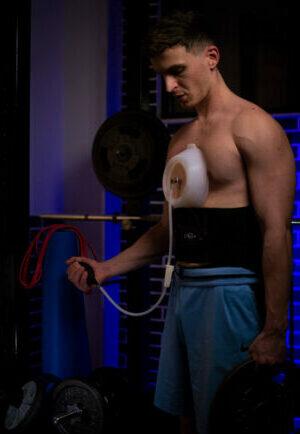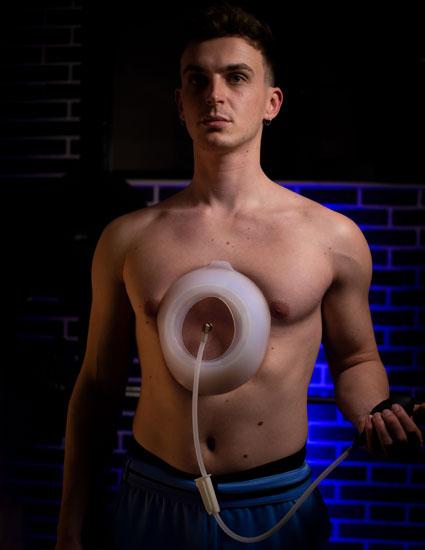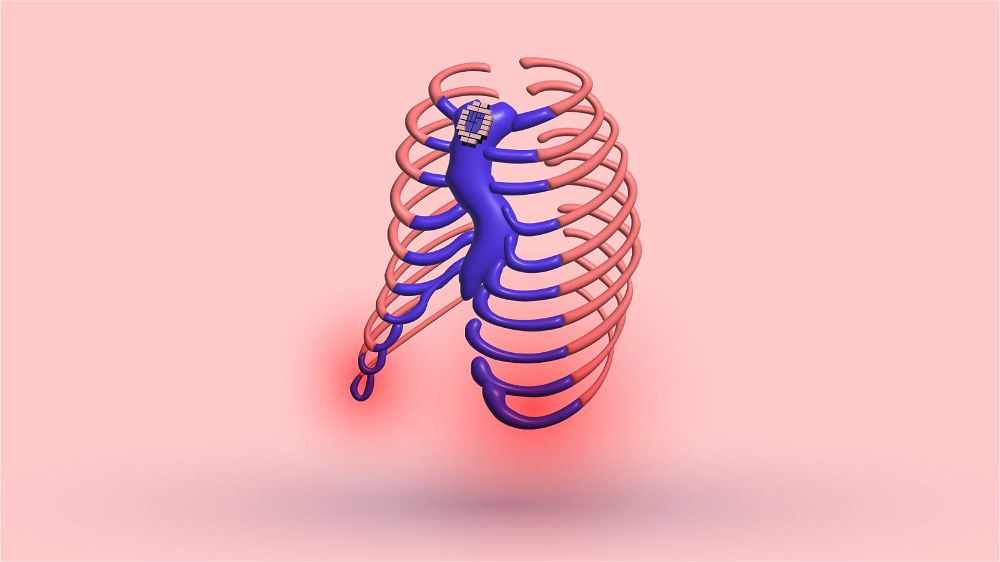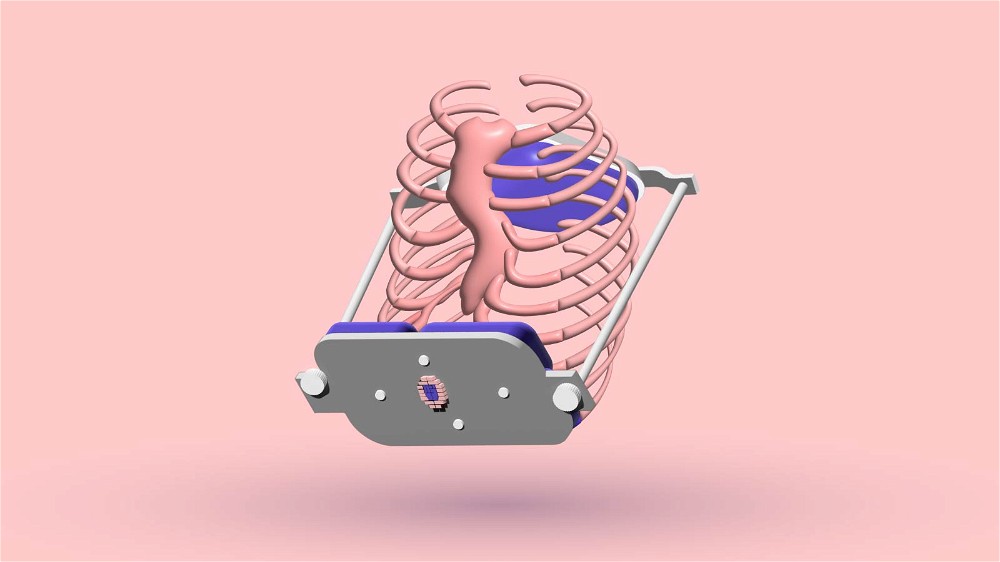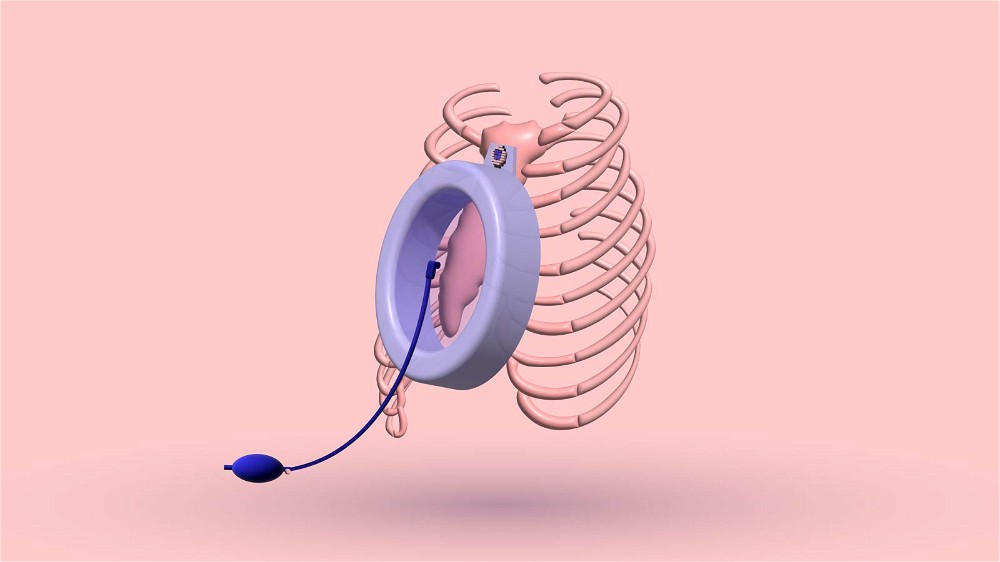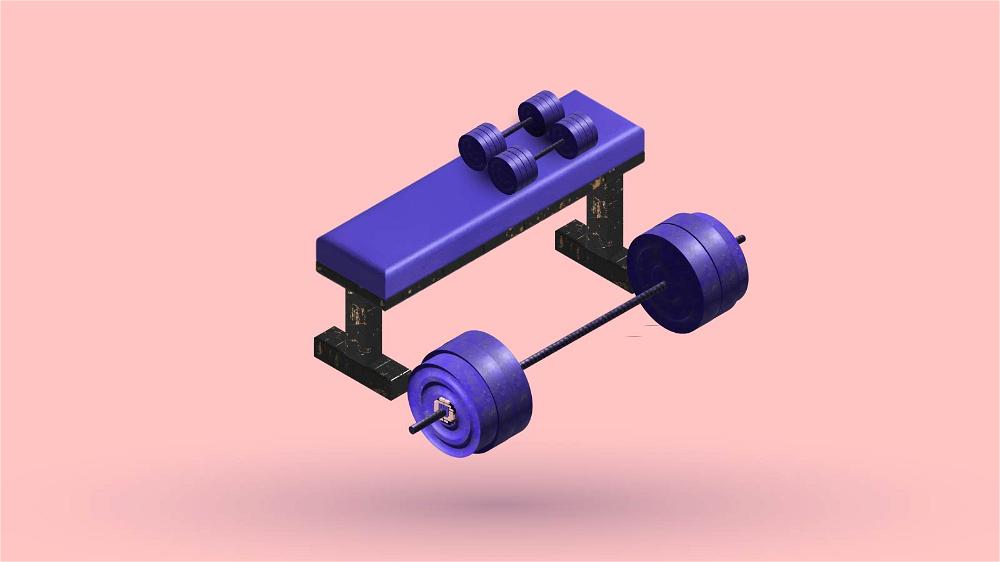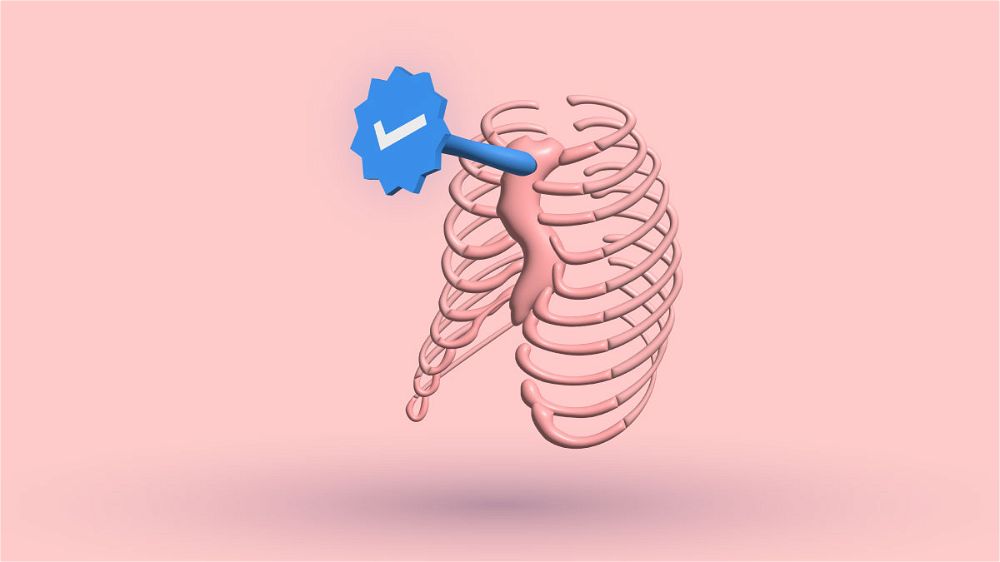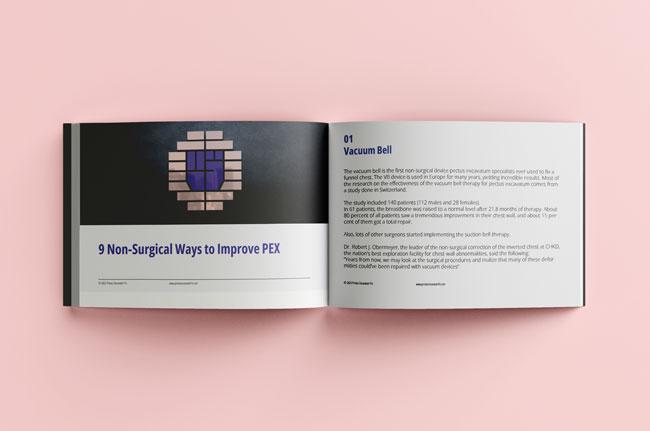A fast heart rate while resting can have something to do with our pectus excavatum deformity. Or simply, it may result from another sign of discomfort in our body.
We should always be aware that these heart sensations may be an alarm that something can be wrong with our health. Although it may not always be the case.
In any case, we must seek the advice of a medical professional and not leave it to chance. Call a doctor if such symptoms disturb you and last for a longer time, more than a few days.
Potential causes of fast heartbeat while laying or sitting
Many reasons can cause your heart to beat faster when you are resting.
Each of the causes that can appear simultaneously can be closely related to the deformity itself.
For any of the following reasons, it is best to see a doctor to be sure everything is fine with your health and pectus excavatum condition.
Here are some other possible causes that can be related to the pectus deformity:
- High Haller index.
- Heartburn and acid reflux.
- Tachycardia.
- Worry, stress, and anxiety.
- Gas and bloating or digestive issues.
- Aches or pain between the shoulder blades.
- Discomfort in the left side of the chest caused by pectus
It is critical to understand that these causes are treatable and that if addressed quickly, none of the problems will become significant.
But, to prevent such occurrences, we must do our best and try to live a healthy life.
Regular physical activity can help us deal with everyday stress while improving our overall health, and eating nutritious food is crucial in building a healthy mind and body.
stories and advice from people with pectus
- I was preparing and about to eat when I noticed that my heart was racing. I tried to relax, but my heart rate kept rising.
- When I suddenly felt uncomfortable and anxious and experienced heart palpitations while lying down and using my phone, I tried to calm myself down, but it was unsuccessful.
There are many similar and numerous experiences of people with irregular and fast heartbeats in various situations, and what almost all patients point out is to stay calm and not panic in those cases. The reasons can be different, but still, in those moments, it is crucial to remain calm.
Some of them recommend doing an ECG and other necessary examinations. Also taking supplements such as magnesium can help. Still, make sure you consult with your doctor before doing this.
Find your trigger
Everyone recommends monitoring themselves to see the potential cause of the problem in those times. I also highly recommend this. If such an occurrence happens only occasionally, be alert and find your triggers.
Try to identify what it is that causes palpitations and irregularity in your heartbeat. Many patients report that after some time of self-monitoring and identifying the triggers, fast heartbeats have decreased.
Observe your heartbeat
Another of their pieces of advice is to have a device or a smartwatch that will measure your heart rate during the day, and you will have the constant opportunity to monitor your condition.
Using a device like a smartwatch, let them realize that the occurrence was often only a thought of anxiety that anything would happen to them and that their hearts were in perfect health.
Find the root of the problem
Most pectus patients have clear and good results from their cardiac examinations. This brings us to the conclusion that other effects on the heart are the most frequent source of such cardiac disturbances when we are at rest. Of course, the sternum pressure on the heart is one of those factors.
On the internet, we can find many examples of young and older patients sharing how their hearts have been pressed and pushed far to the left, which can lead to fast heartbeats while laying down or sitting.
In such circumstances, doctors typically do not prescribe medications that aid in controlling that periodic irregular heartbeat because it is preferable to seek a solution for the root of the issue rather than temporarily conceal it with therapy.
When to see a doctor?
This uncomfortable feeling can often result from minor positional adjustments or the effects of external stimulants like coffee or a stressful life period.
Still, contact your doctor if you consistently face any of these symptoms in addition to a fast heartbeat.
- Respiration and breathing difficulty.
- Pain in the chest.
- Fainting.
- Tiredness.
Bottom Line
Some people experience heart palpitations when lying down, because of the position in which they sleep or lay. Hunching over on your side might cause palpitations by increasing pressure inside your body.
However, numerous other reasons may cause fast heart palpitations, and many are related to pectus. Anxiety, stress, and poor digestion are a few of them. None of these issues can be life-threatening but still, it is recommended to seek medical attention.
What you can do in such cases is prevent those occurrences.
Improving your pectus excavatum deformity and developing healthy habits will help your heart health.
Having a regular training schedule is essential to improving your chest malformation and your overall wellness.
3 Sources
- Why Does My Heart Beat Fast When I Lay Down? | Peconic Bay Medical Center [Internet]. [cited 2023 Apr 7]. Available from: https://www.pbmchealth.org/news-events/blog/why-does-my-heart-beat-fast-when-i-lay-down
- Reddit - Dive into anything [Internet]. [cited 2023 Apr 7]. Available from: https://www.reddit.com/r/PectusExcavatum/comments/hm2y0r/sever_heart_palpitations_with_pe/
- Heart Palpitations at Night: Symptoms, Causes and Treatment [Internet]. Cleveland Clinic. [cited 2023 Apr 7]. Available from: https://my.clevelandclinic.org/health/diseases/21874-heart-palpitations-at-night


